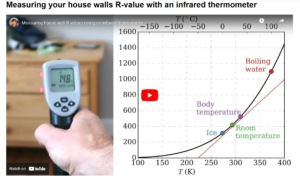 With everything going on in the news, it was so easy to miss a major announcement by the Biden Administration last week about renewable Energy. Biden has chosen to activate the Defense Production Act for the purpose of increasing domestic production of clean energy equipment, particularly as it relates to solar energy. Such action could not come soon enough.
With everything going on in the news, it was so easy to miss a major announcement by the Biden Administration last week about renewable Energy. Biden has chosen to activate the Defense Production Act for the purpose of increasing domestic production of clean energy equipment, particularly as it relates to solar energy. Such action could not come soon enough.
As massive heatwaves sweep the nation and many places in the west face a real threat of the loss of hydroelectric sources of electricity production, the dangers of climate change have become far more salient in the day to day lives of millions of Americans. The Department of Defense has long recognized the dangers that climate change would bring for the US, with risks to the electric grid being one among a number of significant problems that must be addressed. One of the biggest threats are the stresses that would be placed upon the electrical grid.
By pushing for a greater degree of production of solar panels and related infrastructure, great steps can be taken to help protect the lives of millions of Americans. Europe saw a loss of over 30,000 people in 2003 during a major heatwave while millions more American’s are living in places at risk for far greater temperatures. A proliferation of renewable energy sources will help mitigate these risks by providing greater electrical capacity for such periods of extreme heat, avoiding the risk of brownouts or rationing. Greater use of renewable energy sources will also reduce the dangers of air pollutants during times of such extreme heat and reduce the number of lives lost by air pollution in the US as well.
In short, this is a welcome step from the administration. But more needs to be done. Renewable energy is a promising source of economic stability and will help make the US truly energy independent. Climate change isn’t waiting for humans to adapt and the sooner we take these critical steps, the better it will be for everyone.
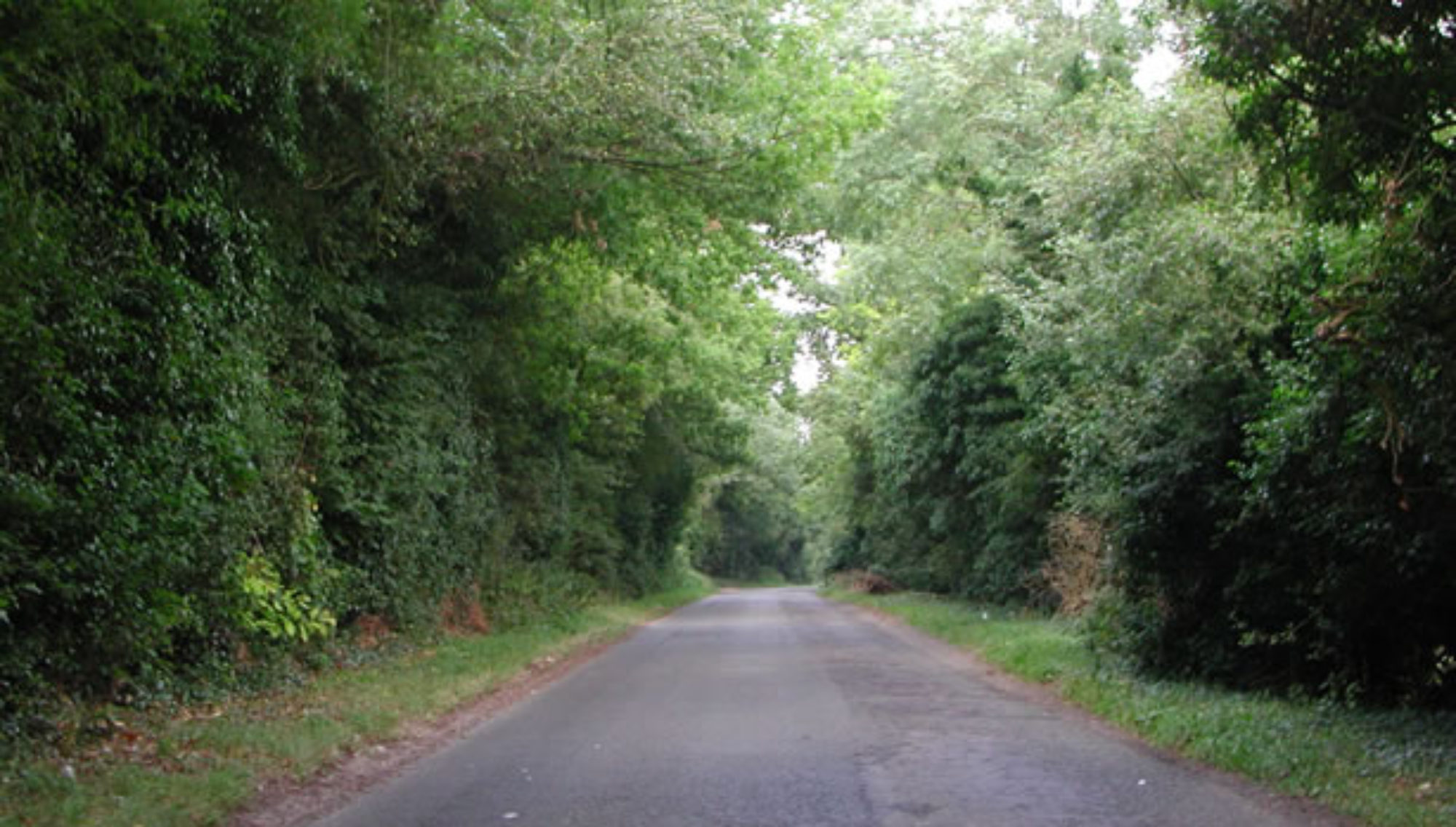
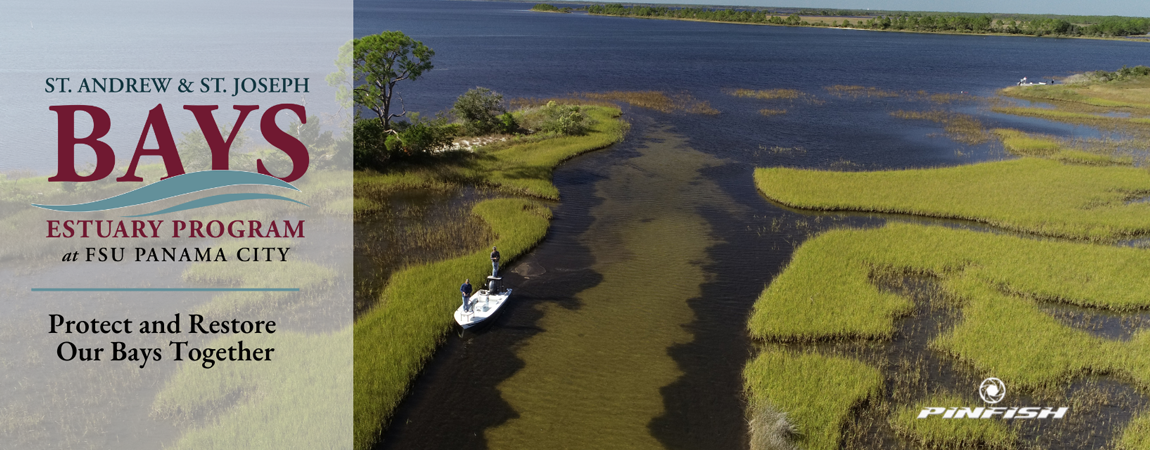
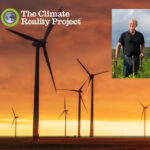
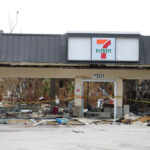
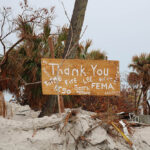





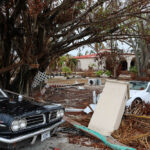



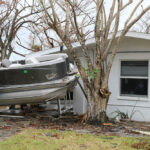



 Climate change is real and it is impacting people from Florida, to Maine and from South Carolina to California. This article spells out clearly what is happening in parts of Arizona and it will get worse and it will spread. The reality of Climate Refugees is here. I was talking to someone who had come to Florida to visit a friend. He said in Duluth, Minnesota where he lives has a population of 85,000 has about 33,000 homes. A survey found that the reason was partially climate refugees from other parts of the USA. They are short at least 2,000 homes based on current demand. It is a fact of life and the sooner we start doing something, the better.
Climate change is real and it is impacting people from Florida, to Maine and from South Carolina to California. This article spells out clearly what is happening in parts of Arizona and it will get worse and it will spread. The reality of Climate Refugees is here. I was talking to someone who had come to Florida to visit a friend. He said in Duluth, Minnesota where he lives has a population of 85,000 has about 33,000 homes. A survey found that the reason was partially climate refugees from other parts of the USA. They are short at least 2,000 homes based on current demand. It is a fact of life and the sooner we start doing something, the better.